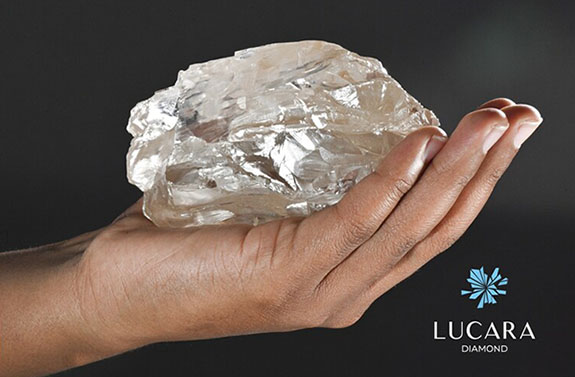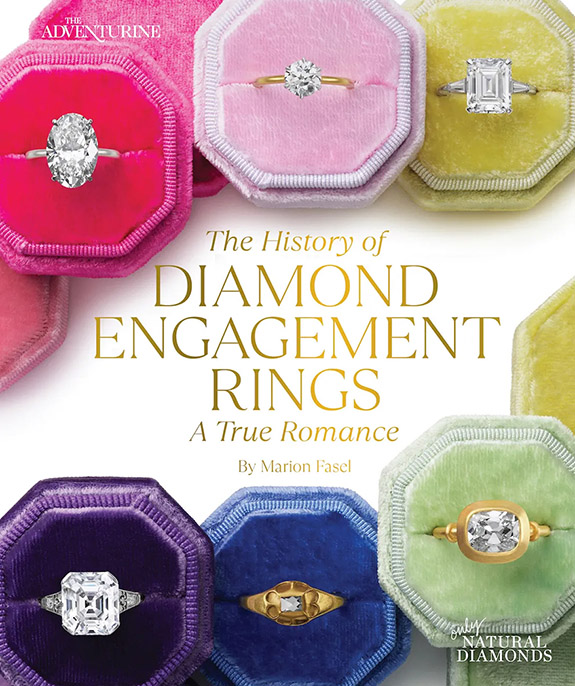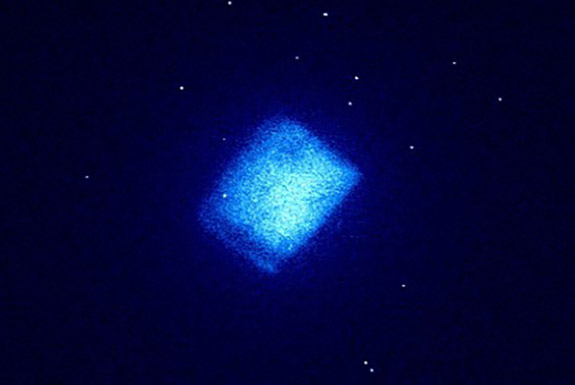There is strong evidence that bronze forearm cuff bracelets were all the rage near Prague 3,600 years ago.
An archeologist using a metal detector to survey a site in the town of Budyně nad Ohří, just 40km northwest of the Czech capital, discovered a hoard of bronze artifacts that included eight cuffs, eight axes, two long pins and an arrowhead.
The simple three-quarter round cuffs are decorated with nine parallel notches. The basic style of the bracelets is not much different than some of the ones worn today.
The long bronze pins may have had two purposes, according to the archeologists. They were likely used to style hair or to fasten clothing.
The axes were employed as cutting tools or weapons.
Archeologists from the Podřipské Museum in Roudnice nad Labem believe the hoard dates back to the Middle Bronze Age, when Europeans mastered the art of making tools and ornaments from bronze, an alloy of copper and tin. They noted that the quality of the items testify to the technological advancement of the bronze casters of that period.
Archaeologist Martin Trefný told Radio Prague International, that all but one of the items in the hoard date back to 1600 BC, and one axe was much older.
Trefný and his team offered three theories on why the hoard was intentionally buried. First, the items in the hoard could have represented a religious offering to the deities. Second, they may have been hidden from enemies during a crisis. Or, third, the place of discovery could have been a merchant’s storage pit.
Trefný told Radio Prague International that the artifacts could be worth “millions of crowns” (each million crowns is worth about $42,000), but added that the historical and the scientific value is much higher than the financial value.
The precise location of the discovery will remain secret to prevent amateur treasure hunters from disrupting the site. After undergoing conservation treatment, the bronze items will be put on display at the Podřipské Museum.
Credits: Images courtesy of Lucie Heyzlová, Český rozhlas, Podřipské Museum.




